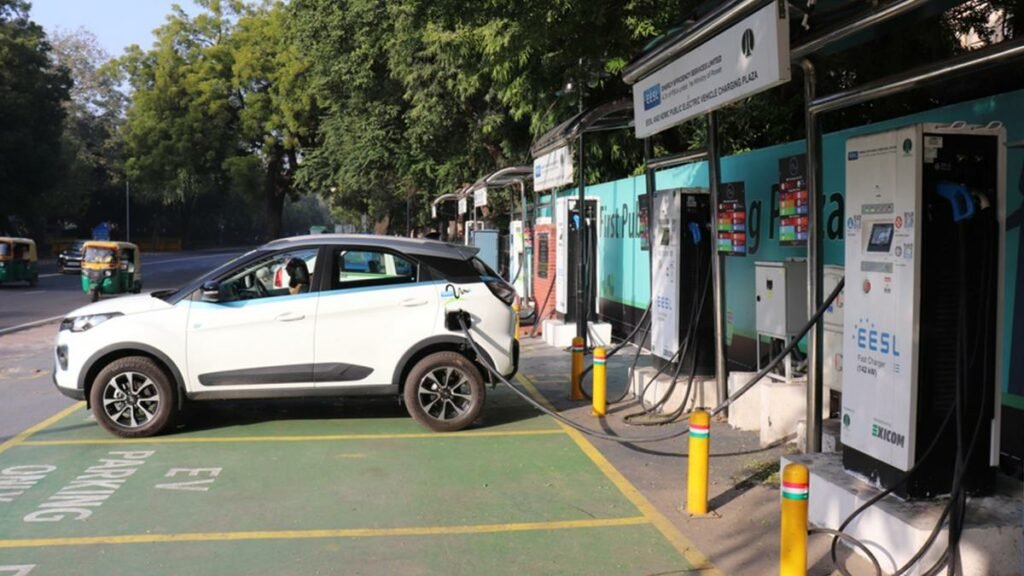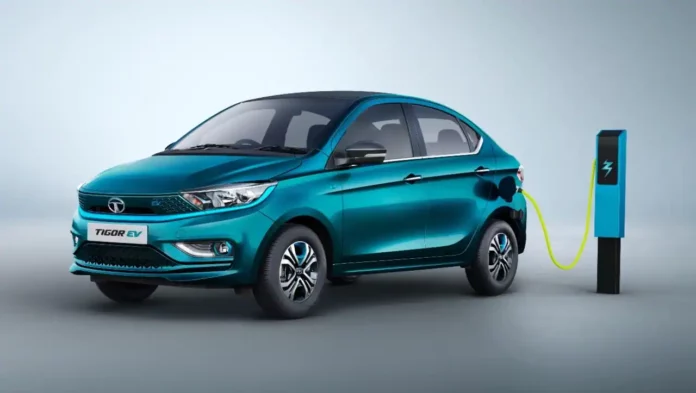Although the holiday season is over, celebrations are still going on for the manufacturers of electric vehicles (EVs), with November sales likely to match the record established last month during Navratri and Diwali. According to information from the government website Vahan, which registers vehicle registrations, EV sales this month have already surpassed 99,000 units, breaking the previous record of 115,861 units established in October. According to industry officials, this is happening as backlog bookings are still being sold and as more and more vehicle owners are becoming aware of EVs.
“EVs are at an inflexion point across multiple vehicle categories – the total cost of ownership is already favourable for two-wheelers and is near par for three-wheelers,” said Sohinder Gill, CEO of electric bike and scooter maker Hero Electric and director-general of Society of Electric Vehicle Manufacturers (SMEV).
More electric two-wheeler product introductions at competitive price points are expected over the course of the next two years, which will contribute in increasing their uptake, according to Gill. Although the country’s EV ecosystem is still growing, two- and three-wheelers are driving adoption as more people rely on them for last-mile connectivity, helped by their affordable operating costs.
According to the past seven months, EV sales will surpass a million units in 2022–23, an increase of 84% from the previous fiscal year. According to SMEV, sales of electric two-wheelers are anticipated to increase by 117% year over year to reach 750,000 units this fiscal year, while sales of three-wheelers are anticipated to increase by 12% to 200,000 units.

Considering their greater price, electric car sales are still relatively modest, but in the first half of the current fiscal year, they increased 268% year over year to 18,142 units. According to the Vahan dashboard, 4,935 electric car units were sold in October. The market is predicted to expand quickly since EVs have substantially lower operating costs than cars and trucks fueled by gasoline and diesel.
“At Rs 1.1 per km of running cost (for an electric car), the monthly expense is a fraction of what is incurred driving a petrol/diesel car, making it simply unbeatable,” said Vivek Srivatsa, head, sales, marketing and service strategy, at Tata Passenger Electric Mobility, which dominated the EV passenger vehicle market with a share of about 85% and has the largest electric car portfolio.
As the EV demand goes up and supply bottlenecks ease, original equipment makers (OEMs) have been ramping up production. “The waiting period has reduced as production goes up in multiples. Now electric OEMs are able to deliver vehicles faster,” said Hemal Thakkar, director at credit rating firm Crisil.
The entry of established automobile firms into the EV market has increased consumer and financial confidence. Dealers claim that even after the festival season, the switch to EVs is unabated. “The affordability and running cost, specifically in two- and three-wheelers, have drastically improved, making it a viable choice for consumers,” said Nikunj Sanghi, an automotive dealer based out of Alwar. While the acceptance of EVs is progressing steadily, it will still take some time for them to become widely used.
Also Read:


